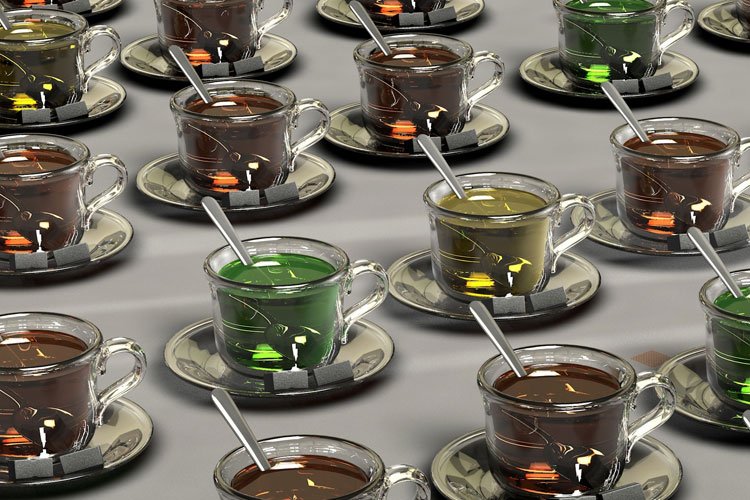I long ago made peace with the notion that, for most Americans, what passes for Christmas is a secular holiday and not a sacred holy day. That’s why decorated trees and holiday music appear in November, Santa brings up the rear of many Thanksgiving Day parades. And people count the 12 days of Christmas as leading up to, not following, December 25.
If that’s what others want, who am I to disagree?
I still observe the four weeks of Advent, preparing for Jesus’ second coming as well as for our remembrance of Jesus’ birth. The quiet, contemplative focus on Advent appeals far more to me than the consumer frenzy that begins on Thanksgiving spills over onto Black Friday and Cyber Monday and ends with Christmas trees tossed to the curb on December 26.
And, observing Advent is what Christians do.
Marking the days of Advent with luxury calendars
If you’re like me, you might mark the days of Advent with greater intentionality, focusing your prayers, lighting candles on an Advent wreath, reading special devotions. If children are involved, perhaps you have an Advent calendar too, offering up a daily chocolate or Bible verse or small ornament.
Luxury Advent calendars are all the rage. They include calendars with 24 miniature bottles of wine, gin, beer or whiskey. Others include 24 bottles of perfume or 24 kinds of makeup or even 24 chunks of cheese. There’s even an Advent calendar offering 24 days of luxury socks, available for a mere $495.
These are not calendars helping one prepare for Jesus’ birth or second coming. These luxury countdown calendars are ways for adults to treat themselves, says one British consumer lifestyle analyst. “The idea of treating oneself is already at the heart of the luxury goods market, so operators have been well-placed to tap into the advent calendar concept.”
There’s the rub
Ah, there’s the rub. Treating oneself with luxury goods, alas, is not at the heart of Advent.
As Ian Paul, of the Archbishop of England’s Council, said in a recent article:
“Christians use Advent as a time to remember two things. The first is Jesus’s own coming to us in poverty from the riches of his glory at the Father’s right hand. The second is God’s promised future coming in judgment–when he will hold all people to account for their greed and selfishness. So it is doubly ironic that people are using Advent to celebrate greed and wealth.
“The adaption of religious symbols for such secular ends appears to demonstrate the absolute power of consumerism. It appears that there is no limit to the ideas that can be trampled on and colonized.”
In a world filled with fake news and marketing spin, we shouldn’t be surprised that “advent” calendars have nothing to do with the Christian season of Advent.
As for me, I’m observing the holy days of Advent this year by reading Advent for Everyone: A Journey With The Apostles by N.T. Wright while sipping tea (from my reasonably-priced Advent calendar that features a different organic tea each day), reflecting on the gift of Jesus and asking how I am called to live a life of discipleship. I may be out of sync with society (and certainly with the luxury goods market), but there’s no reason not to enjoy a good spot of tea.
Linda Post Bushkofsky is executive director of Women of the ELCA.
Pull together some friends (on Zoom), a few candles, and some hot cocoa and prepare with one (or both) of our free Advent resources, A Different Kind of Journey: Advent as a Walk, Not a Sprint and Advent: A Season for All Generations.

Excellent article, Linda. Happy Advent and a blessed Christmas to you and your family.
Thanks, Roxann. I ran into Elona Street-Stewart recently and it was a fond remembrance of my days with the Synod of Lakes and Prairies. Elona is now the synod executive!
I’m reading My Soul Waits by Martin Shannon, CJ. Picked it up at a bookstore and noticed that it was included in Living Lutheran. I like the style of the book as an Advent devotional